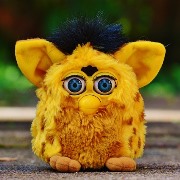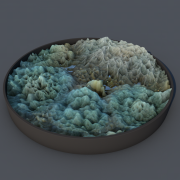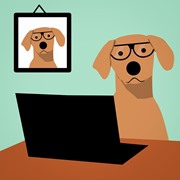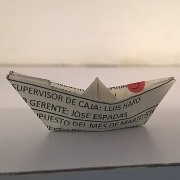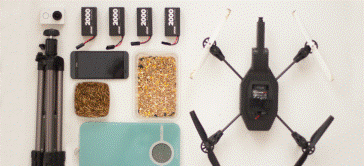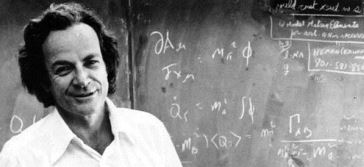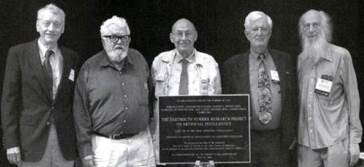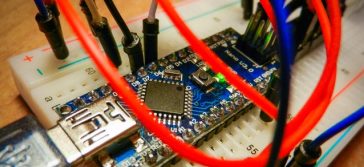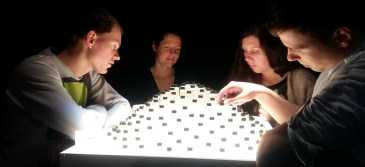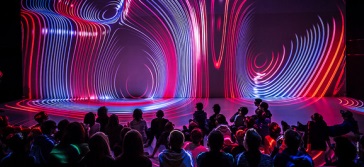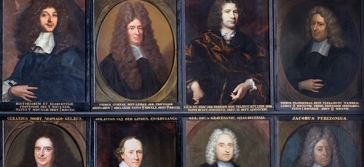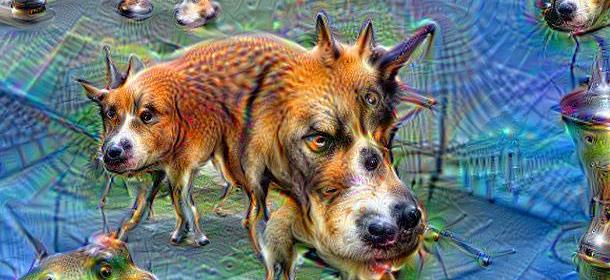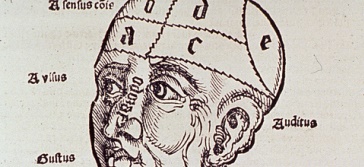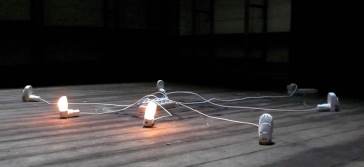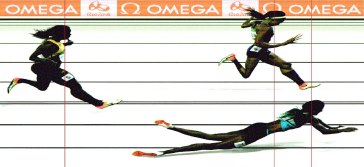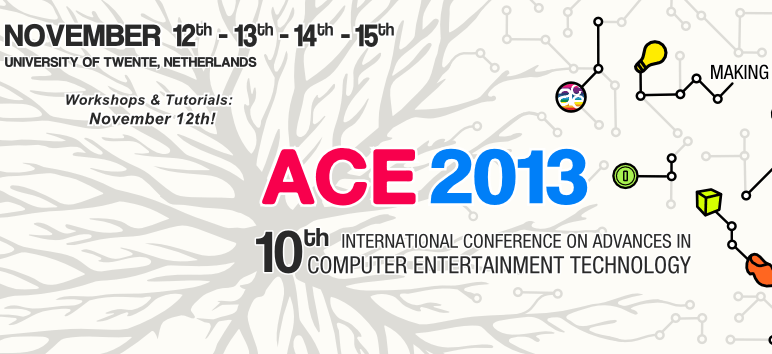For my PhD diploma (Leiden University, 2001) I applied neural network techniques to data analysis problems in environmental epidemiology at the Dutch National Institute of Public Health and the Environment (RIVM). My Master's degree in computer science (Utrecht University, 1993) was obtained after specializing in neural networks for medical image processing. In 1992 I was an exchange student at the University of Wisconsin in Madison, USA. I was born in 1968, should you want to know.
Since 2002 I'm an assistant professor within Leiden University s computer science institute (LIACS). I'm a member of their Media Technology MSc program's executive committee and lecture in the same program. My research is cross-disciplinary, combining computer science with other interests.
Outside the university's walls, I co-founded the LaserMaxx lasergame brand, a major brand of lasergames worldwide, for which I still design game technology. Through this work, I was a technical game producer for national TV-show "Wie is de Mol?" (2000-2014).
my LinkedIn
